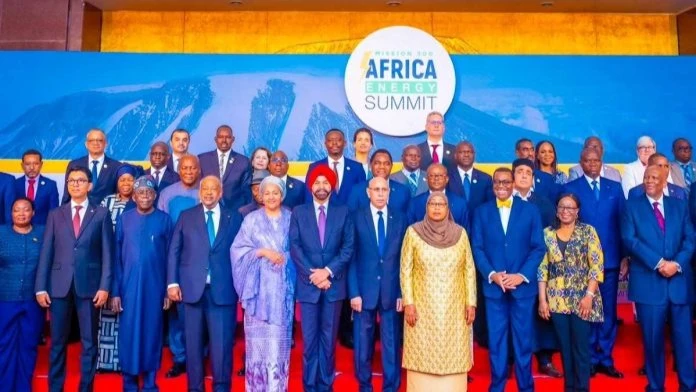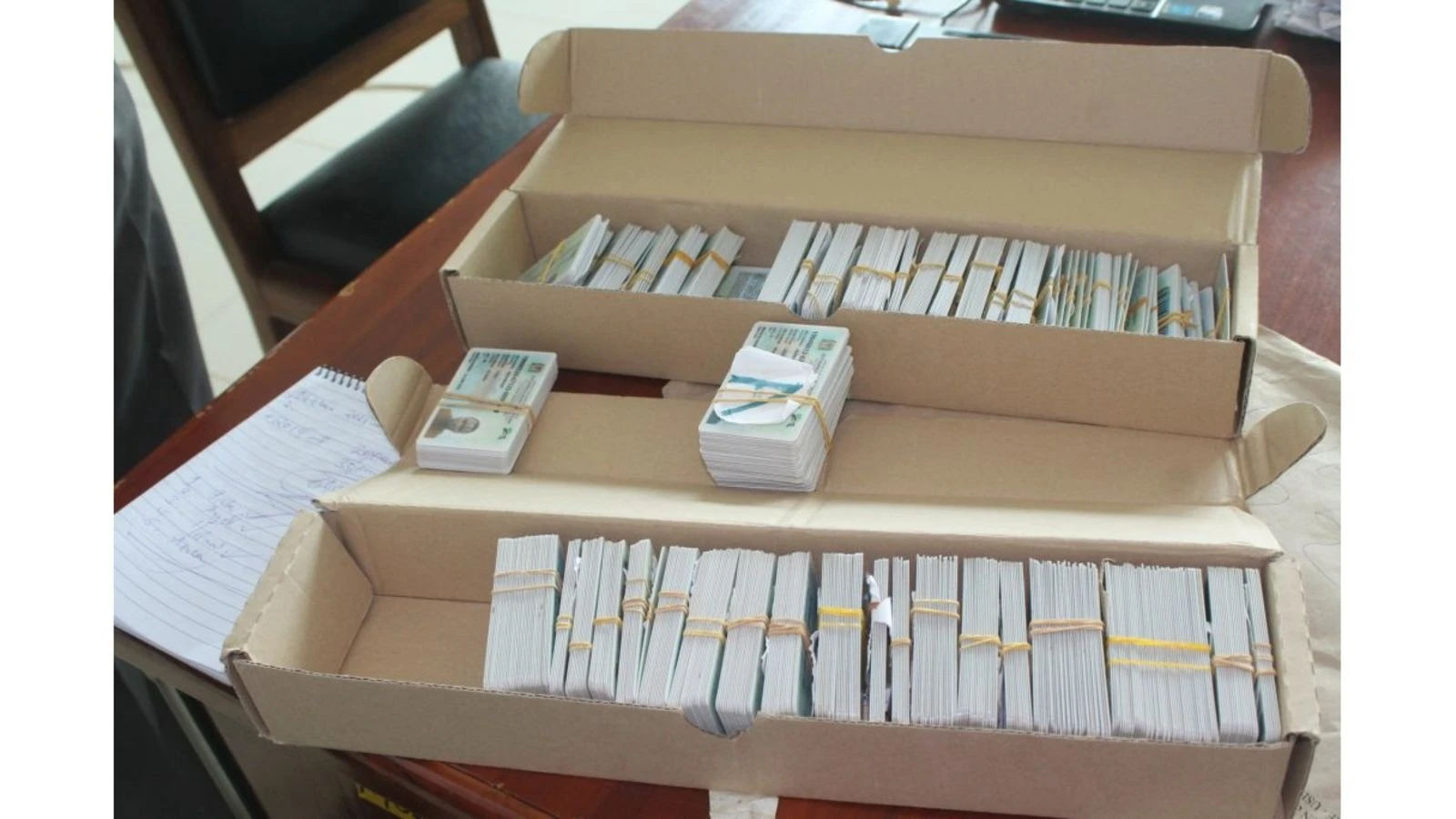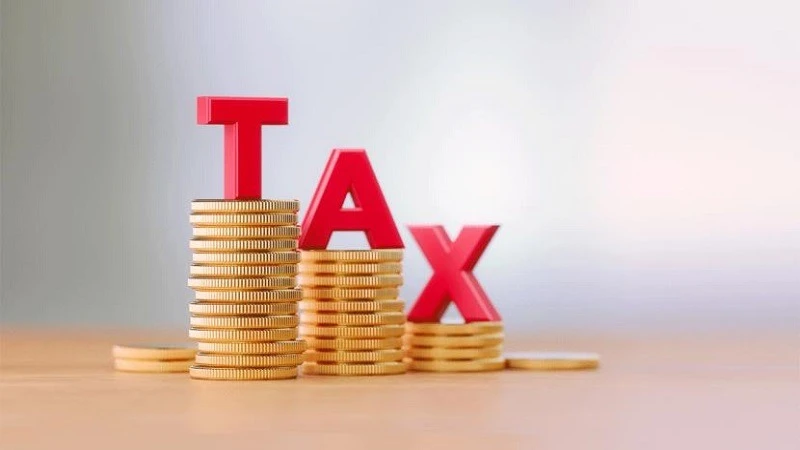Dollar price decline by fiat a mixed blessing in policy

THE Bank of Tanzania (BoT) is being credited for the calm in the market following the noticeable dollar price depreciation experienced in various instances.
Central bank officials say the development arose from decreased demand for the dollar following deliberate moves to stop all transactions in the US currency for purchases conducted locally.
In other words, demand for the dollar is being suppressed – and not that we need it less.
This explanation was given in recent goodwill talks held in Zanzibar between BoT governor Emmanuel Tutuba and Zanzibar President Dr Hussein Ali Mwinyi.
The Zanzibar leader hugely appreciated that initiative, seeing a weakening of the dollar as a significant relief for the Tanzanian economy as it would help reduce the cost of living in the country.
Strictly speaking, that observation would be both valid and sustainable if the development arose from our earning of more of the foreign currency.
Barring the use of the dollar in hotel services in the country is a key reason to reduced demand for the US currency, which has left tourism sector operators reeling from losses incurred in the now restrained demand structure.
The BoT governor said at the meeting that ending transactions in the US currency was intended to strengthen the Tanzanian shilling and return it to the market, as the local currency had been weakening for some time.
It is arguable if there is anything new in the local currency weakening, as this is often the case, and the momentary impact of eliminating those transactions will be absorbed for the tendency to persist.
Economic activity often widens and the needs are higher, and in that case the tourism sector needs to have a share of the use of foreign currency. Other sectors obtain forex from selling things outside, the merchants and not the producers – and are not locked in the same room, as it were. The issue is whether blanket curbing of forex use on sales or charging will have an impact.
Thus far, this has not been sufficiently established or expressed as probably the case. What was recently heard is that tour operators of various sorts are being shortchanged by those who collect the dollars at entry points.
It was not wholly or solely a case of the revenue bodies or the central bank seeking to cream off surpluses in the tourism sector by imposing dollar value and restricting tourists from using the foreign currency in paying entry fees.
This may have been an observable impact in what would stand as an unwelcoming atmosphere in which to do business. We can’t as yet say what precise impact this move has – or will have – on our tourism, only that we should stay tuned.
Top Headlines
© 2025 IPPMEDIA.COM. ALL RIGHTS RESERVED

















